11 Books on Climate and Environmental Justice for Earth Day
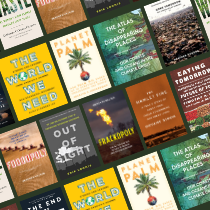
The original organizers of Earth Day, celebrated in the United States on April 22nd every year since 1970 and globally since the 1990s, were inspired by the campus teach-ins and demonstrations of the 1960s. The first Earth Day consisted of protests held across the United States with the goal of raising awareness to protect the planet from deadly pollution and environmental degradation. Decades later, we are facing a climate emergency that touches all our lives and exacerbates nearly every major social inequity. The past year -- from the COVID-19 pandemic to the accelerated movement to protect Black lives -- has thrown into relief the ways in which, as Audrea Lim puts it in her editor’s note in The World We Need, “the patterns of exploitation, inequality, and injustice [are] woven through every last thread of society.” It is more important than ever to look to frontline communities—their history and actions—who have been fighting environmental racism for decades and have been the most affected by climate change, as we continue to educate ourselves and create a sustainable future for everyone. The following is a list of books The New Press has published that shine a light on these issues as we celebrate the 51st Earth Day.
* * * * * * * * * *
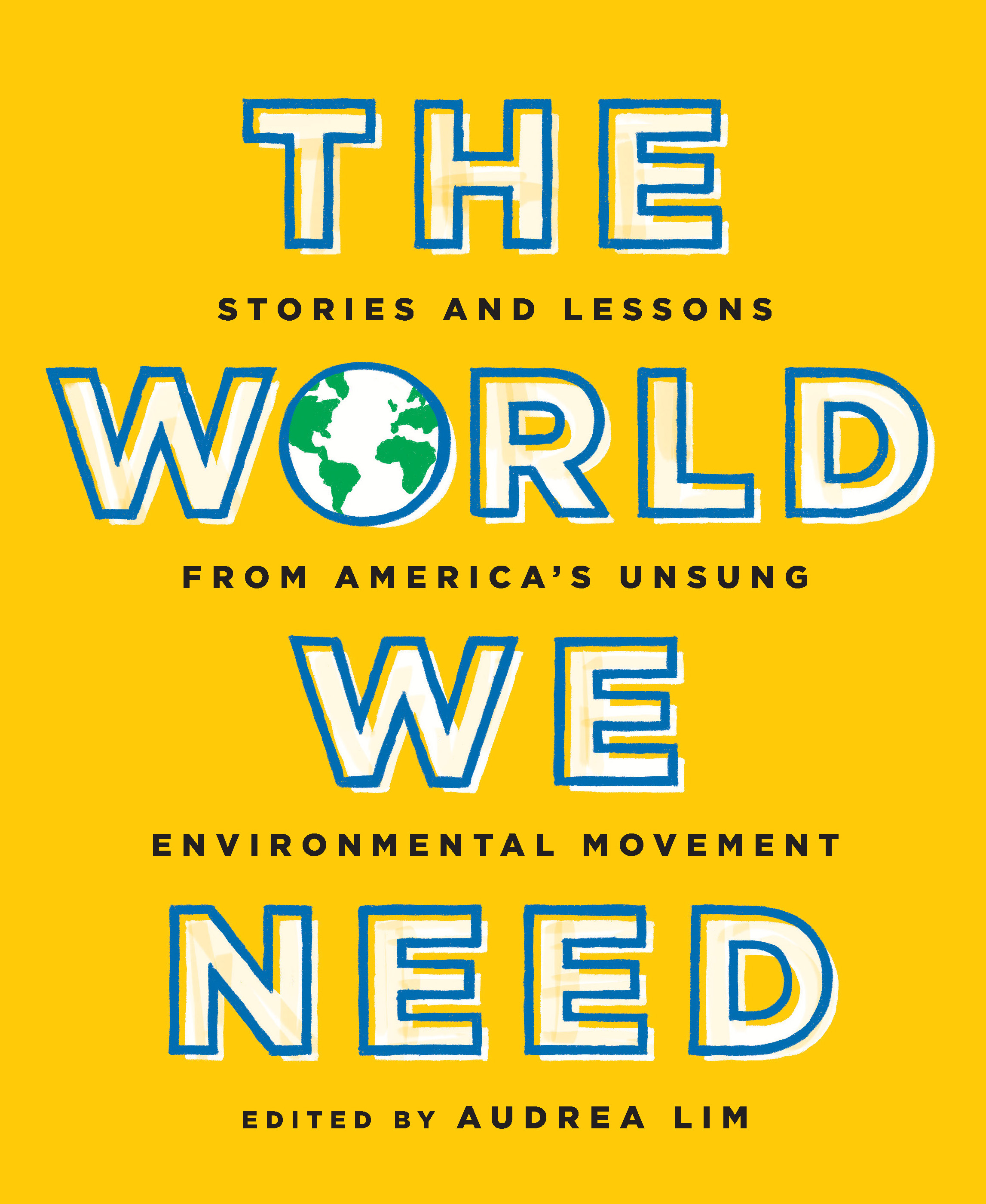
The World We Need: Stories and Lessons from America’s Unsung Environmental Movement
Edited by Audrea Lim
While the environmental movement has gained media exposure in recent years following the declaration of a “climate emergency” by the world’s scientists, the movement has a long, unknown history. The World We Need introduces us to this history of grassroots environmental groups, often led by activists of color and the poor, fighting back in what are known as America’s sacrifice zones. From Standing Rock to Puerto Rico, The World We Need offers a powerful new model for the larger environmental movement, and inspiration for concerned citizens everywhere.
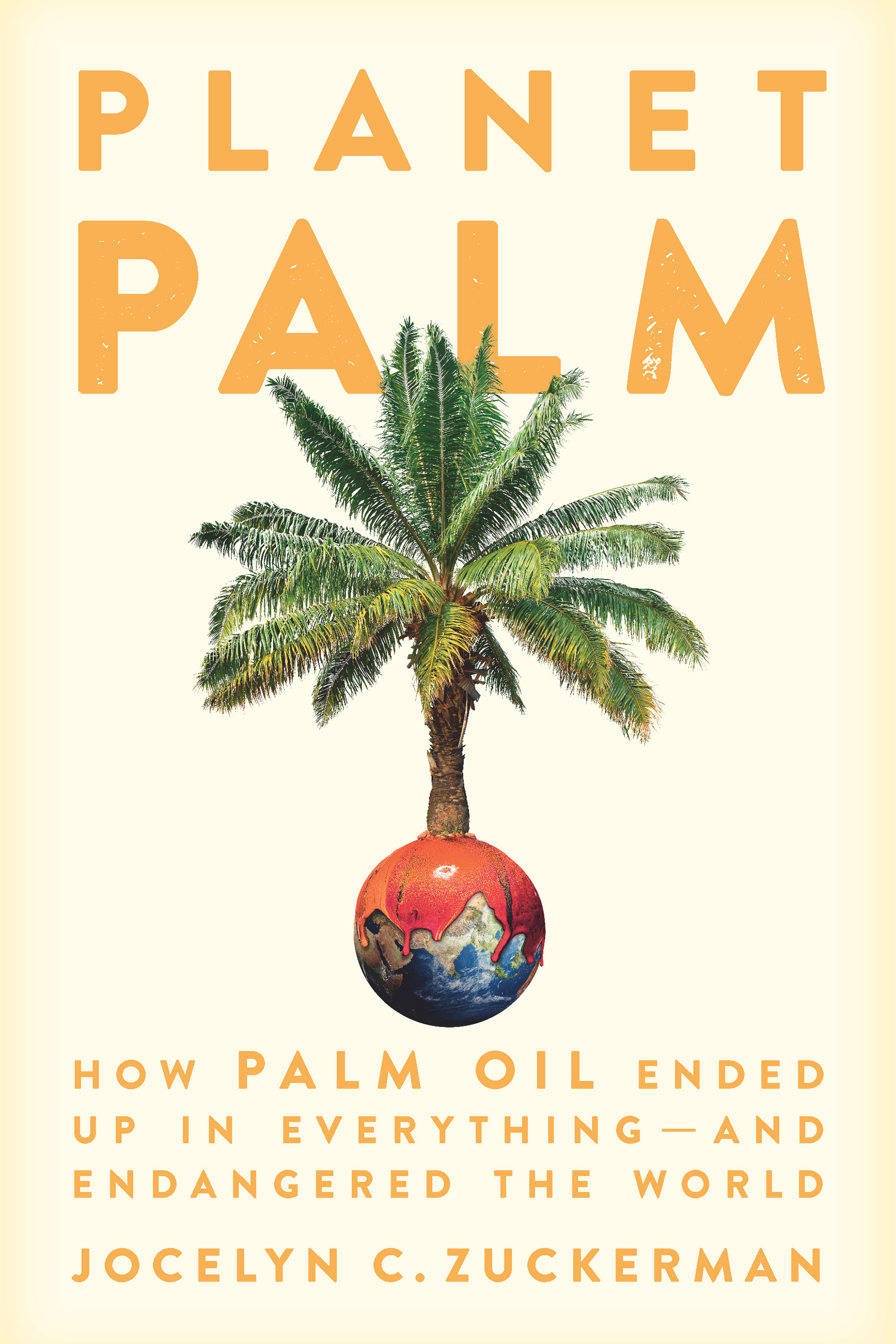
Planet Palm: How Palm Oil Ended up in Everything - and Endangered the World
by Jocelyn C. Zuckerman
Written by James Beard Award-winning journalist Jocelyn C. Zuckerman, Planet Palm, explains how the dramatic increase in palm oil production has devastated cultures and landscapes across the globe resulting in the near extinction of various animals, the reproduction of slave labor, and vast carbon emissions. This riveting book provides a clear example of how the choices we face when purchasing and consuming products connect to catastrophic environmental issues.
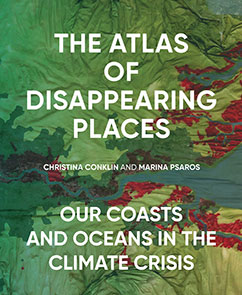
Atlas of Disappearing Places: Our Coasts and Oceans in the Climate Crisis
by Christina Conklin and Marina Psaros
Both a unique work of art and a resource, this book takes readers to twenty locations around the world, from Shanghai to Houston, to explain how climate change is affecting our water systems, strengthening storms, and contributing to the rising of sea levels. Conklin and Psaros also present ways in which we can mitigate these threatening effects through government policies and grassroots activism, to name a few examples, moving forward.
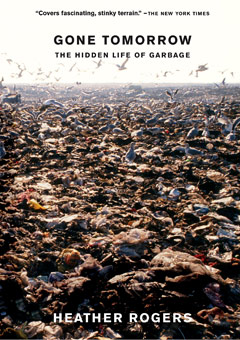
Gone Tomorrow: The Hidden Life of Garbage
by Heather Rogers
By connecting modern industrial production, consumer culture, and our throwaway lifestyle that has resulted in 4.5 pounds of garbage created by Americans on a daily basis, Rogers answers the following questions: how did we end up with this much rubbish, and where does it all go? She also covers the politics of recycling and exporting trash to poor communities while presenting a strong argument for change.
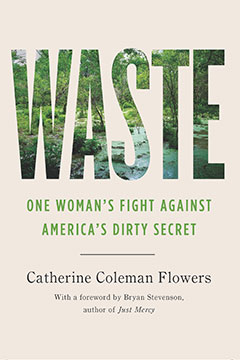
Waste: One Woman’s Fight Against America’s Dirty Secret
by Catherine Coleman Flowers
Waste, one of Smithsonian magazine's Ten Best Science Books of 2020, chronicles Flowers’ journey from country girl to organizer and activist while highlighting the lack of access to basic sanitation many Americans face—what she calls America’s dirty secret. Flowers’ telling of systemic class, racial, and geographic prejudice shows that our sanitation problem can no longer be ignored as climate change brings sewage to the backyards of people other than poor minorities. Read an excerpt from the book.
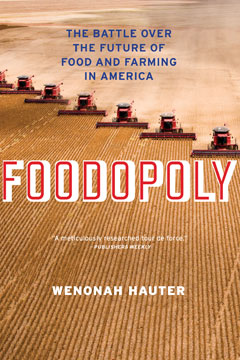
Foodopoly: The Battle Over the Future of Food and Farming in America
by Wenonah Hauter
Foodopoly reveals the shocking story of how agricultural policy has been hijacked by lobbyists, driving out of independent farmers and food processors in favor of major companies like Cargill, Tyson, Kraft, and ConAgra—resulting in America’s food crisis. In addition to explaining the impacts of this on rural communities and countries overseas, Huater also argues that a grassroot movement and a change in politics is necessary to solve this crisis.
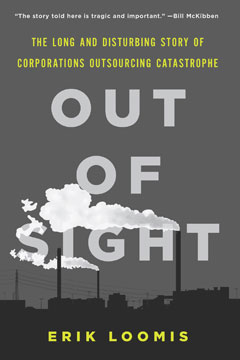
Out of Sight: The Long and Disturbing Story of Corporations Outsourcing Catastrophe
by Erik Loomis
A 2015 Choice Outstanding Academic Title, Out of Sight connects the labor movement to the environmental movement and urges readers to act: when we fight for our planet, we fight for our own dignity as workers and citizens. By connecting the Triangle Shirtwaist Factory fire in New York in 1911 to the collapse of the Rana Plaza factory outside of Dhaka, Bangladesh, in 2013 to each other, Loomis highlights the abusive nature of industrial production systems. More specifically, Loomis urges readings to fight for regulations that keep corporations from relocating to countries where they are, not only able to recreate toxic work conditions but also continue polluting the earth.
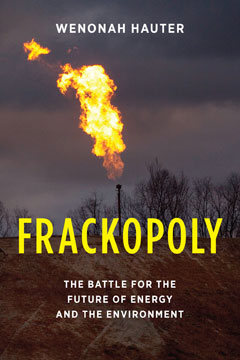
Frackopoly: The Battle for the Future of Energy and the Environment
by Wenonah Hauter
From the author of Foodopoly, Frackopoly describes the history of the fracking industry—those who support it and why—and the danger it poses to the environment and human health through the creation of “sacrifice zones.” Frackopoly is an essential read for those interested in protecting the environment and the health of all Americans.
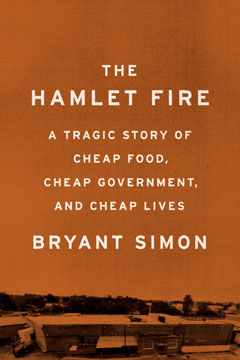
Hamlet Fire: A Tragic Story of Cheap Food, Cheap Government, and Cheap Lives
by Bryant Simon
In Hamlet Fire, award winning historian Bryant Simon, presents the vivid, potent, and disturbing social autopsy of Hamlet, North Carolina and the Imperial Food Products factory that burst into flames on September 3, 1991, killing twenty five people. Simon presents how cheap labor, cheap government, and cheap food came together in a way that was bound for tragedy eighty years after the Triangle Shirtwaist Fire.
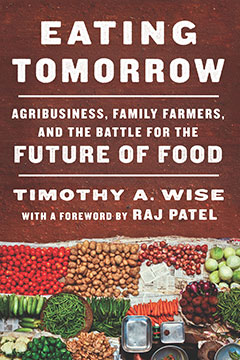
Eating Tomorrow: Agribusiness, Family Farmers, and the Battle for the Future of Food
by Timothy A. Wise
In country after country, Wise explains in this wake-up call, agribusiness and philanthropic promoters have hijacked food policies to feed corporate interests as climate change makes it increasingly difficult to successfully grow crops. While the victims in this climate drama, small scale farmers are also the protagonists that can teach us the way forward. Given that most of the world is fed by hundreds of millions of small-scale farmers it is vital that we listen to them.
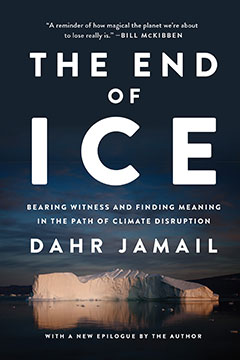
End of Ice: Bearing Witness and Finding Meaning in the Path of Climate Disruption
by Dahr Jamail
This book—a finalist for the 2020 PEN/E.O Wilson Literacy Science Writing Award—chronicles the catastrophic reality we face due to climate disruption and the loss of ice. While the situation we find ourselves in is grim and can lead to feelings of hopelessness, Jamail writes of a new appreciation and revere for our planet. In addition to learning about the loss of ice earth is experiencing, perhaps this book will reestablish your connection to nature in more ways than one. Read an excerpt from the book.
